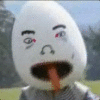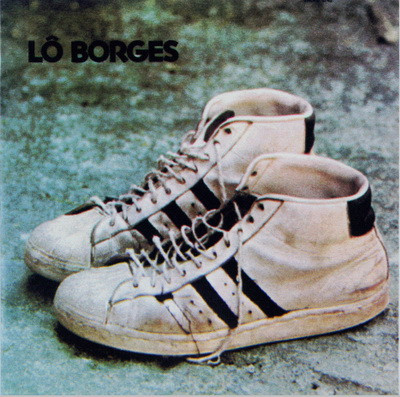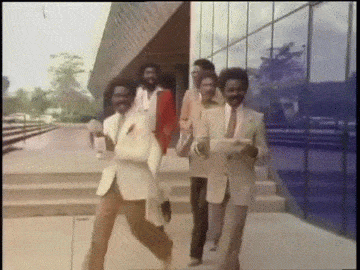- Welcome to Cook'd and Bomb'd.
-
 Richie Sunak - The Decline...
by Kankurette
Richie Sunak - The Decline...
by Kankurette
[Today at 12:40:14 PM] -
 Life After Oz (the HBO prison...
by poo
Life After Oz (the HBO prison...
by poo
[Today at 12:39:24 PM] -
 Black Jeans?
by dissolute ocelot
Black Jeans?
by dissolute ocelot
[Today at 12:34:15 PM] -
 Gold orders Bottom Exposed...
by thr0b
Gold orders Bottom Exposed...
by thr0b
[Today at 12:31:51 PM] -
 Help me locate a Noise from...
by jofo
Help me locate a Noise from...
by jofo
[Today at 12:31:42 PM] -
 I have never listened to the...
by Inspector Norse
I have never listened to the...
by Inspector Norse
[Today at 12:29:57 PM] -
 Blue Lights (PSNI drama) series...
by Fambo Number Mive
Blue Lights (PSNI drama) series...
by Fambo Number Mive
[Today at 12:29:32 PM] -
 Cass Report [split topic]
by Seren
Cass Report [split topic]
by Seren
[Today at 12:28:16 PM] -
 Tarantino's Final Film - 'The...
by Bobby Treetops
Tarantino's Final Film - 'The...
by Bobby Treetops
[Today at 12:28:02 PM] -
James by Deskbound Cunt
[Today at 12:21:08 PM]
Members
 Total Members: 17,819
Total Members: 17,819 Latest: Jeth
Latest: Jeth
Stats
 Total Posts: 5,577,775
Total Posts: 5,577,775 Total Topics: 106,663
Total Topics: 106,663 Online Today: 913
Online Today: 913 Online Ever: 3,311
Online Ever: 3,311- (July 08, 2021, 03:14:41 AM)
Users Online
 Users: 120
Users: 120 Guests: 709
Guests: 709 Total: 829
Total: 829 sirgerald
sirgerald Poobum
Poobum Deskbound Cunt
Deskbound Cunt Gethin Grave
Gethin Grave Kankurette
Kankurette Angst in my Pants
Angst in my Pants chutnut
chutnut Steven88
Steven88 This isnt witty sorry
This isnt witty sorry fink
fink poo
poo Benga Zara
Benga Zara AnotherOli
AnotherOli Fried Egg Sandwich
Fried Egg Sandwich ajsmith2
ajsmith2 Adn
Adn Heid The Baw
Heid The Baw Psybro
Psybro Theotherside
Theotherside magister
magister KaraokeDragon
KaraokeDragon checkoutgirl
checkoutgirl daf
daf PlanktonSideburns
PlanktonSideburns RicoMNKN
RicoMNKN Emotional Support Peacock
Emotional Support Peacock Egyptian Feast
Egyptian Feast Small Potatoes
Small Potatoes Ruben Remus
Ruben Remus Sneeze
Sneeze JaDanketies
JaDanketies pancreas
pancreas Brian Dunklefun
Brian Dunklefun waste of chops
waste of chops Video Game Fan 2000
Video Game Fan 2000 privatefriend
privatefriend greenman
greenman Armin Meiwes
Armin Meiwes Iznik
Iznik Olarrio
Olarrio fiesta4eva
fiesta4eva persephone
persephone Jack Shaftoe
Jack Shaftoe dissolute ocelot
dissolute ocelot George White
George White What Doth Life?
What Doth Life? McDead
McDead Petey Pate
Petey Pate Dr M1nx PhD
Dr M1nx PhD poloniusmonk
poloniusmonk machotrouts
machotrouts DJ Bob Hoskins
DJ Bob Hoskins Inspector Norse
Inspector Norse dinglebonce
dinglebonce Gurke and Hare
Gurke and Hare mikeyg27
mikeyg27 Obel
Obel gib
gib Brundle-Fly
Brundle-Fly thr0b
thr0b Cuellar
Cuellar Pavlov`s Dog`s Dad`s Dead
Pavlov`s Dog`s Dad`s Dead Huxleys Babkins
Huxleys Babkins copa
copa Senior Baiano
Senior Baiano you stole my goddam house
you stole my goddam house Registering to lurk
Registering to lurk dead-ced-dead
dead-ced-dead ProvanFan
ProvanFan sprocket
sprocket DrGreggles
DrGreggles Midas
Midas robotam
robotam buntyman
buntyman Bobby Treetops
Bobby Treetops Phil209
Phil209 The Always Red Society
The Always Red Society gilbertharding
gilbertharding Spoon of Ploff
Spoon of Ploff Alberon
Alberon crankshaft
crankshaft Underturd
Underturd Dayraven
Dayraven Brigadier Pompous
Brigadier Pompous sweeper
sweeper jazzy_sabotage
jazzy_sabotage Cold Meat Platter
Cold Meat Platter Gob Shine Algorithm
Gob Shine Algorithm MojoJojo
MojoJojo McChesney Duntz
McChesney Duntz
